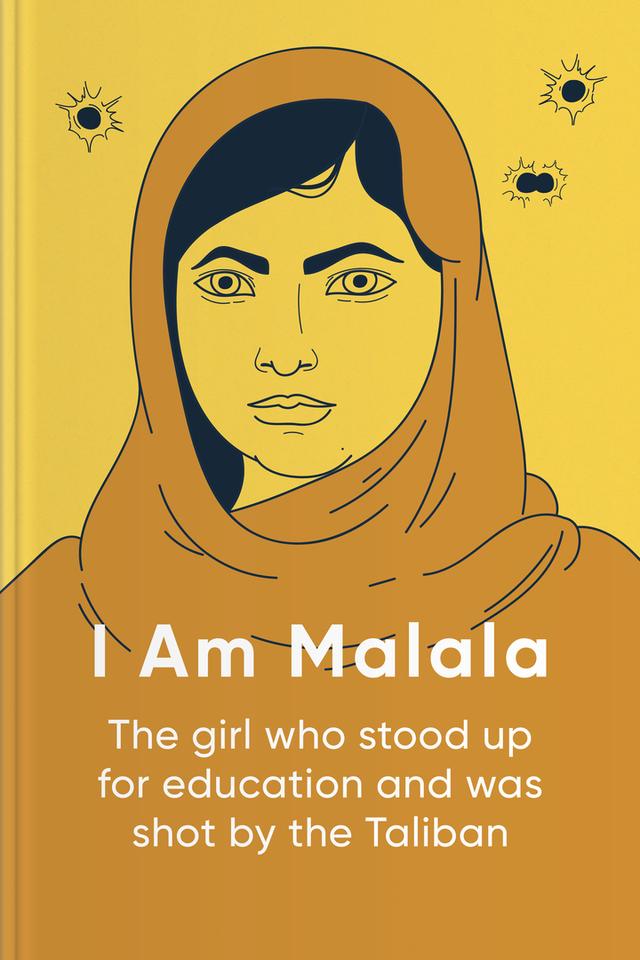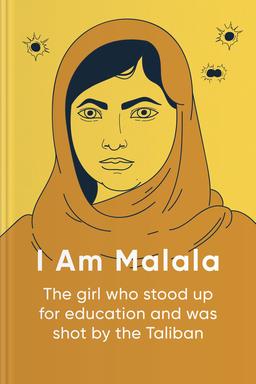You’ll learn
- Why a Pashtun girl's name matters globally
- The price of speaking out in Taliban's shadow
- How education transcends cultural borders
- Why Malala's fight is far from over
Protect the world’s peace. Donate to support Ukraine

first KEY POINT
In the western world, the birth of any child is celebrated equally; a child is seen as a blessing, whether a boy or a girl. However, in the land situated between Afghanistan and Pakistan, a tribe called The Pashtun does not see the birth of a child in the same way; a baby girl is seen as nothing but a bad omen.When Malala was born, the villagers only congratulated her mother but not her father. The tribe believes that daughters should be hidden away and only have two roles in life — cooking meals and giving birth to children. From a young age, Malala was destined for more, and it was clear that a life chained to the kitchen sink was not her calling.Malala’s father recognized the strength in his daughter instantly. He decided to name her after Afghanistan’s greatest heroine — Malalai of Maiwand, a fierce maiden who was the daughter of a shepherd in Maiwand. She died on the battlefield while tending to wounded Afghan soldiers during their battle with the British.
Malala and her family lived in Mingora, the only city in Swat valley. Despite the beautiful surroundings and her loving family, life in the valley was not so rosy when Malala was born. Her family was so poor that they lived in a shack opposite the school, founded by her father and his friend. Two years later, Malala’s brother, Khushal, was born and quickly became their mother’s favorite child. Five years later, another boy was born, Atal. Money was tight with one child, but now with three to look after, things were even more challenging. All of that was about to get much worse as the Taliban took control of Afghanistan and parts of Pakistan.In the following sections of this summary, you will learn about the life of Malala, the brave young girl who risked her life to take a stand against the oppressive rule of the Taliban and defied their ban on the education of girls.
second KEY POINT
Malala’s mother, Toor Pekai Yousafzai, was illiterate. Yet, in her early years, she showed the same spark and motivation as Malala. At age six, Malala’s mother was the last girl in her classroom, surrounded by boys. But she didn't care and was actually excited about the fact that she was going to learn something. However, her future fate dawned on her quickly as she saw girls around her being taught how to cook and clean. She succumbed to her inevitable fate and left school.At first, she didn’t regret her decision, but then she met her husband, Malala’s father. He was a well-educated man and would read poems to her, filling her mind with dreams of far-away lands. As she couldn’t make major life changes herself, she decided to help him achieve his dream of owning a school instead.

Continue reading with Headway app
Continue readingfirst KEY POINT
second KEY POINT
third KEY POINT
fourth KEY POINT
fifth KEY POINT